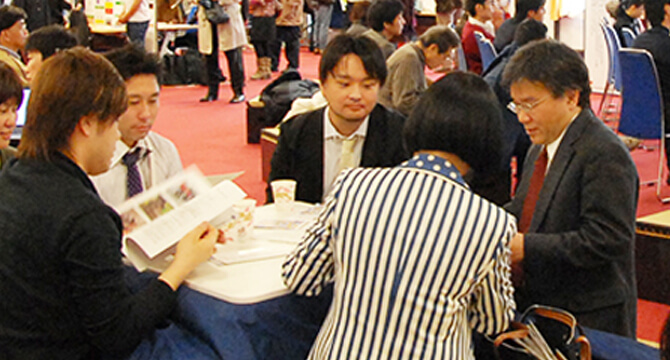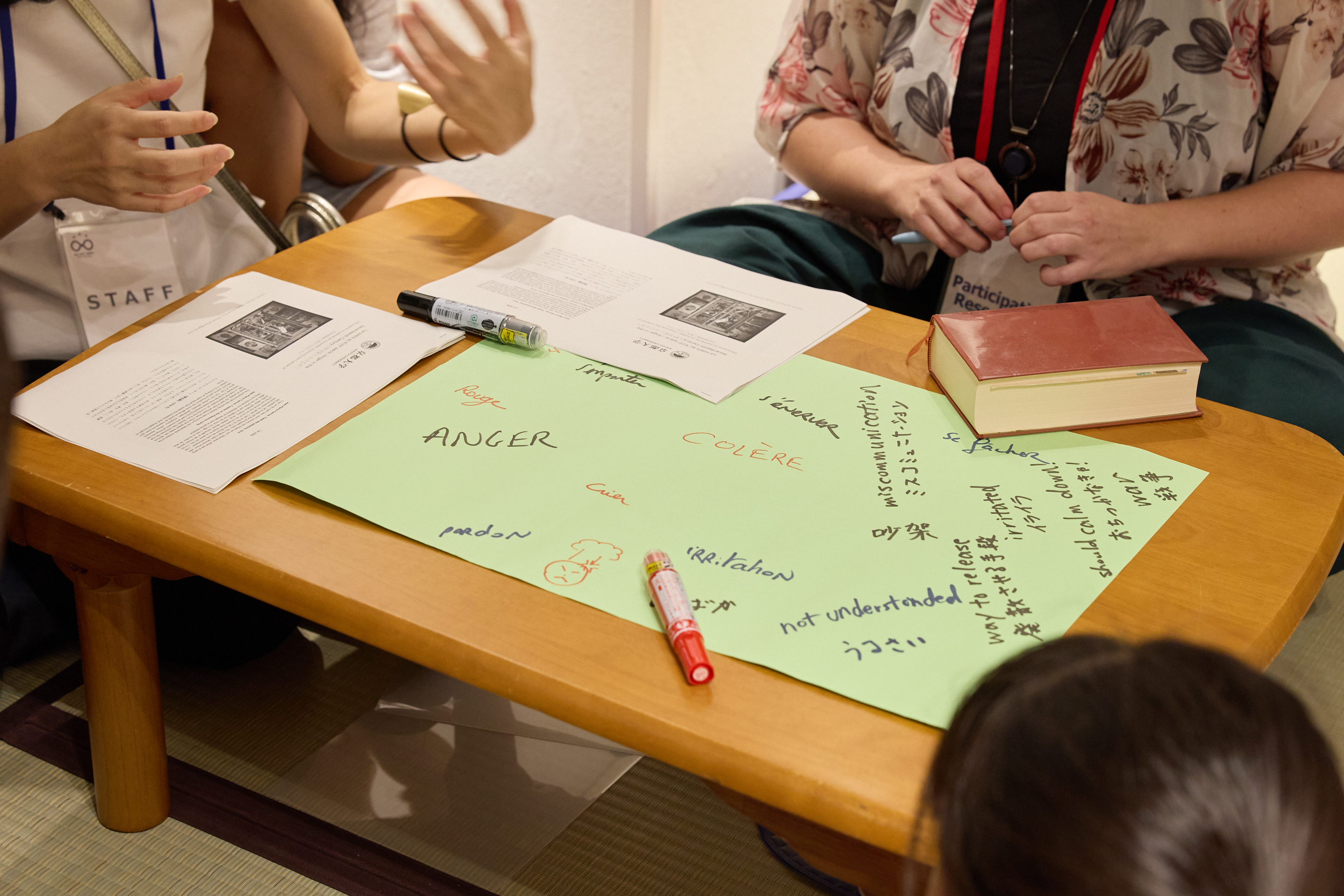Emotions are not merely individual, ephemeral, or natural impulses.
They are embedded within a system of social norms—norms that discourses both reflect and shape by assigning roles, scenarios, and culturally specific modes of expression. As social constructions, emotions can be studied historically: this is the aim of the history of emotions.
My research focuses on one emotion in particular: anger.
How was anger understood in the early modern period? Could it be considered virtuous? Did psychological discourses on anger establish gender distinctions? What remedies did physicians recommend, and what penance did confessors prescribe?
The study of French early modern treatises on the passions provides valuable insights into these questions. These texts shed light on the psychological categories of the past, and help trace a prehistory of psychology, prior to its institutionalization as a scientific discipline.
出展代表者
Graduate School of Letters(文学研究科)
Justine Le Floc’h(ジュスティーヌ ル フロック)
Program-Specific Associate Professor(特定准教授)
来場者より
これからもがんばって欲しい賞
英語が下手なのに優しくお話ししてくれてありがたかったで賞
フォトギャラリー
研究者の本棚
本出展の参加研究者がお勧めする本をご紹介。
若者にお勧めしたい本
恋愛のディスクール・断章
ロラン・バルト
In my view, this is the best book ever written about love. Barthes identifies a set of cultural codes linked to romantic passion and reveals how what we often consider most intimate, most authentic, and most personal is in fact shaped by a collective experience of passion. He draws his examples from both lived experiences and literary narratives, demonstrating the continuity between the two.
自分の研究に関連して紹介したい本
感情史とは何か
バーバラ・H.ローゼンワイン
This work offers an excellent introduction to the history of emotions. One of its key strengths lies in the fact that the field was early on equipped with a set of handbooks and methodological texts, which ensured its continuity and standardization.








